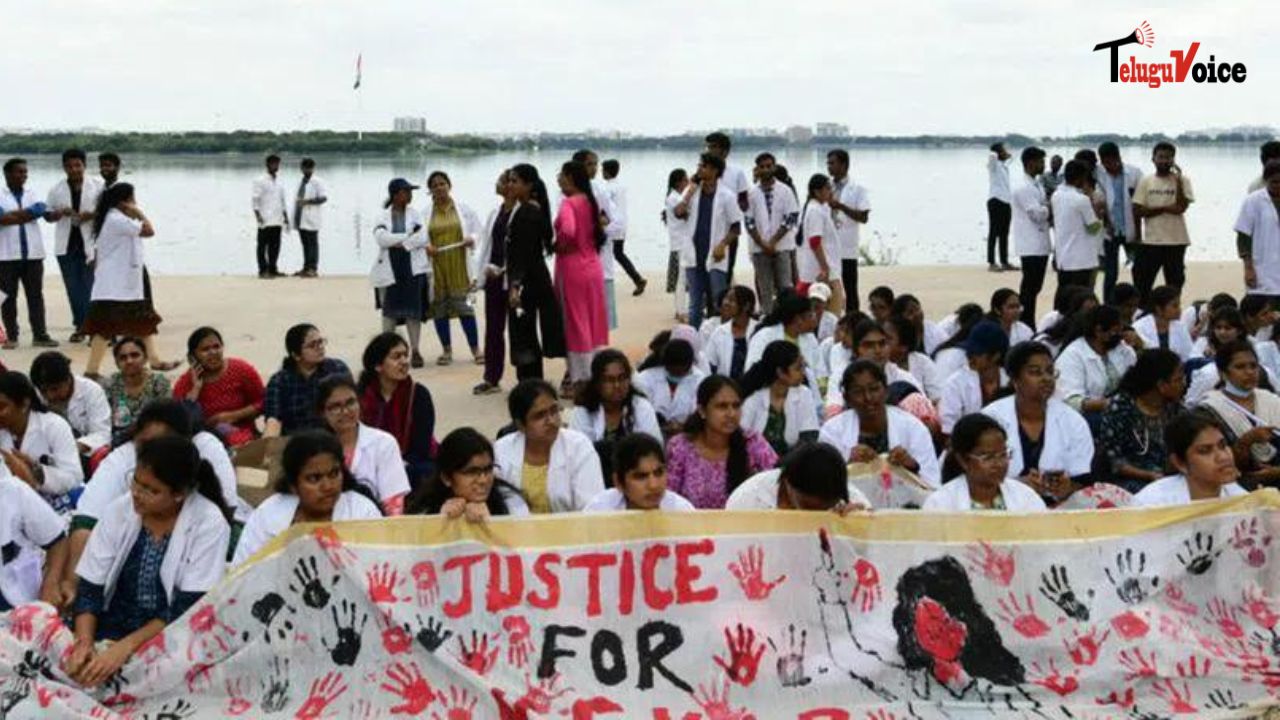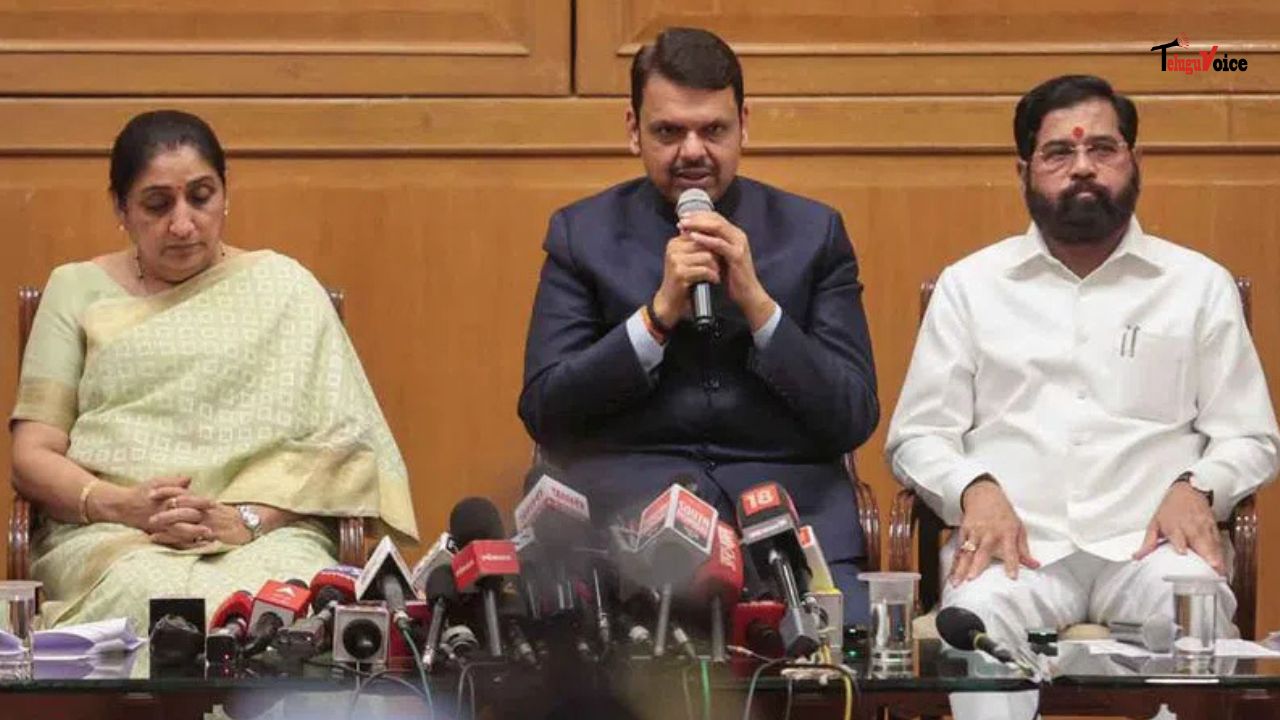According to an IMA research, the majority of female doctors felt uneasy working night shifts.

According to an IMA study, a third of the doctors who responded to the survey—the most of whom were women—felt "unsafe" or "very unsafe" while working night shifts. Some of them even felt compelled to start carrying guns in case they needed to defend themselves.
In the wake of the recent allegations of rape and murder of a trainee woman doctor at the state-run RG Kar Medical College and Hospital in Kolkata, the Indian Medical Association (IMA) conducted an online survey to assess doctors' concerns regarding safety during night shifts. Of those surveyed, 45% did not have access to a duty room.
The IMA asserted that, with 3,885 individual replies, it is the largest study from India on this subject. The survey results, which were assembled by Dr. Rajeev Jayadevan, Kerala State IMA's Chairman of the Research Cell, and his colleagues, have been approved for publishing in the Kerala Medical Journal of the IMA, to be released in October 2024.
61 percent of the respondents were interns or postgraduate trainees, and 85 percent of the respondents were under 35 years old. The respondents came from more than 22 states. Women made up 63%, which is in line with the gender distribution in certain MBBS programs.
One-third of the respondents, or several doctors, expressed feeling very unsafe (11.4%) or unsafe (24.1%).
The results of the poll indicated that women were more likely than males to report feeling unsafe.
Doctors between the ages of 20 and 30 felt the least secure, and most of them are interns and postgraduates. For four fifths of the respondents, a duty room was unavailable when they worked night hours. People who had access to a duty room felt more secure.
According to the survey, one-third of the available duty rooms lacked a connected bathroom, and doctors were forced to find other rest spaces because duty rooms were frequently insufficient owing to crowding, lack of privacy, and missing locks.
The results showed that "the duty room was located far from the ward/casualty area in more than half the instances (53%)".
The report stated that "the doctors had to go outside during late hours to access these facilities, as nearly one-third of the available duty rooms did not have an attached bathroom."
The doctors recommended several measures to improve safety, including hiring more security guards with training, setting up CCTV cameras, making sure there was enough lighting, putting the Central Protection Act (CPA) into effect, limiting the number of bystanders, installing alarm systems, and offering basic amenities like locked duty rooms.
A Google form was used to distribute the online survey to physicians in India, both government and private. Dr. Jayadevan stated that 3,885 people responded in a day about carrying guns for self-defense.
The duty room was at the far end of a dark, empty corridor, and one doctor stated that she always carried a folding knife and pepper spray in her handbag.
Those who were intoxicated or under the influence of narcotics made verbal and physical threats against doctors working in casualty. In a busy ER, a different physician claimed to have repeatedly been the victim of unwanted or careless touching.
In several smaller hospitals, the situation is worse because there is little security and less staff. When security concerns were brought up, a number of doctors said that the administrators were indifferent, with the usual justification being that the seniors had also experienced such working conditions.
Junior doctors are disproportionately affected by violence because they are the front-line healthcare providers.

 South Africa tour of India 2019
South Africa tour of India 2019










Comments